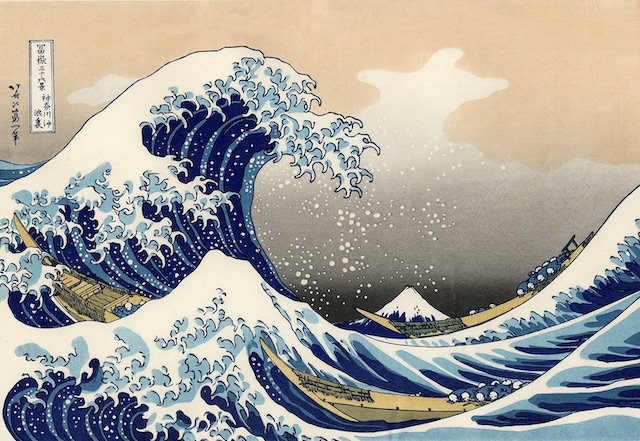As the nation struggled to deal with the massive devastation and loss of life caused by the catastrophic typhoon over the weekend, many were also cheering the dramatic 28-21 victory of Japan’s rugby team over Scotland to reach the quarterfinals of the Rugby World Cup.
After Typhoon Hagibis, the most powerful typhoon to hit Japan in decades, brought record-breaking rainfall to half of the country’s prefectures, the full scale of damage caused by flooding and high winds remains unclear.
According to a report in The Japan Times, the embankments or levees of 47 rivers were breached, there were 146 mudslides reported, and thousands of homes were hit by muddy flood-water and electricity and water outages throughout the country.
On Sunday evening, attention was also focused on Japan’s success in the Rugby World Cup. The Brave Blossoms, Japan’s national rugby team, qualified for the Rugby World Cup quarterfinals for the first time and will face South Africa’s Springboks, one of the world’s best teams, in the quarterfinals this coming Sunday.
While the popularity of rugby in Japan trails well behind that of other sports, the nation is celebrating the Brave Blossoms spectacular performance.
Despite a recent 41-7 loss to the Springboks in the run-up to this World Cup, the support of Japanese fans remains enthusiastic and hopeful that the so-called “Brighton Miracle,” when the Japanese team beat the Springboks 34-32 at the 2015 World Cup, could be repeated. Stay tuned!


